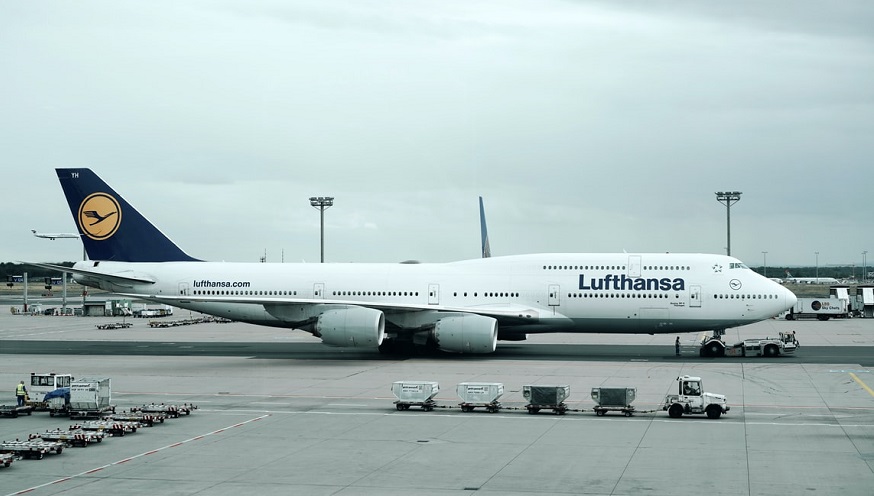
Aerospace industry to test hydrogen technology in Hamburg
July 9, 2021New pioneering research projects are being tested for their ground and maintenance processes.
A Lufthansa Technik hydrogen technology testing project funded by the Hanseatic City of Hamburg is getting started in that German city.
The testing is meant to be extensive and will take place at Lufthansa Technik’s Hamburg base.
The development platform for the hydrogen technology will launch as early as 2022. Lufthansa Technik will work with the Center for Applied Aeronautical Research (ZAL), the German Aerospace Center (DLR) and the Hamburg Airport for two years. Together, they will test extensive hydrogen tech handling maintenance and ground processes.
To accomplish this goal Lufthansa Technik will be working with aircraft from the Airbus A320 family, which will be converted into a stationary laboratory at the Hamburg base. The goal is to test and learn about practical usage of liquid hydrogen, which is increasingly viewed as a critical component of the future of the aerospace industry. Developing H2 will be vital for large aircraft manufacturing as the world turns to sustainable, lower carbon fuels for commercial aircraft.
The collaborators are pooling their practical and scientific expertise for hydrogen technology testing.
The goal of the collaboration is to come up with a pioneering demonstrator together, and to have it operational by 2022. The Hanseatic City of Hamburg has funded this research project as the largest item on its special program list for mitigation of the pandemic’s economic impact on the aviation industry.
“Hamburg is not just one of the three largest aviation clusters in the world, last year the city also developed the clear vision of becoming a major hydrogen metropolis,” said Free and Hanseatic City of Hamburg Senator for Economics and Innovation Michael Westagemann in a statement about the hydrogen technology testing project. “I therefore see it as both a logical and gratifying step to combine these two core competences of Hamburg. The port, the energy sector, industry and the entire mobility sector are involved and are preparing for this groundbreaking technology. With this project, we are now also making an essential contribution to the transformation of aviation into a climate- neutral mobility solution of the future. The clear goal is to build up a hydrogen economy in Hamburg that will occupy a leading position internationally.”
neutral mobility solution of the future. The clear goal is to build up a hydrogen economy in Hamburg that will occupy a leading position internationally.”



 HFN News is your leading source for fresh hydrogen and renewable energy updates. Amid the fast-paced growth of hydrogen companies, we provide top-notch news and insights about this exciting sector. Our coverage spans from hydrogen cars to global sustainable initiatives, and we highlight the latest in green jobs and developing hydrogen hubs. We invite you to share your local hydrogen news and explore today’s renewable energy job listings on our site. Thanks for choosing HFN News as your trusted guide to the hydrogen and renewable energy world!
HFN News is your leading source for fresh hydrogen and renewable energy updates. Amid the fast-paced growth of hydrogen companies, we provide top-notch news and insights about this exciting sector. Our coverage spans from hydrogen cars to global sustainable initiatives, and we highlight the latest in green jobs and developing hydrogen hubs. We invite you to share your local hydrogen news and explore today’s renewable energy job listings on our site. Thanks for choosing HFN News as your trusted guide to the hydrogen and renewable energy world!